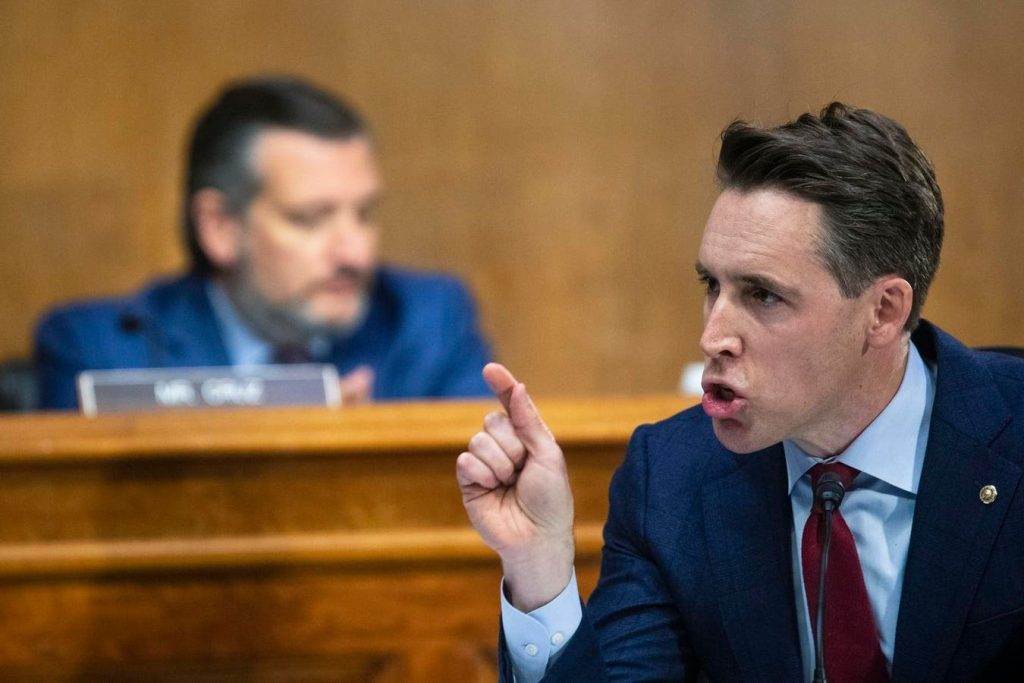Lawmakers are divided on the issue of potentially banning TikTok, with some expressing concerns about the content on the platform and others focusing on national security implications. Congressman Mike Gallagher and Senator Josh Hawley have described TikTok as addictive and brainwashing for young people, while Representative Jake Auchincloss has cited concerns about youth mental health. However, if the bill banning TikTok passes and is challenged in court, lawmakers’ statements about the platform’s content could be used against them in arguments about the constitutionality of the ban.
The proposed bill threatening a ban on TikTok is rooted in national security concerns due to its Chinese ownership by ByteDance. Lawmakers worry that the Chinese government could use TikTok for surveillance of Americans or to influence civic discourse in the U.S. Senator Marco Rubio argues that the ban is not about restricting speech but rather about addressing the conduct of the company and its parent company. However, some lawmakers have made statements linking their support for a ban to the content featured on TikTok, such as videos supporting terrorism, which could complicate the legal arguments.
Executive Director Jameel Jaffer of the Knight First Amendment Institute asserts that Americans have a constitutional right to access content on TikTok, even if it is used for spreading Chinese propaganda. In a similar case in Montana where the state legislature attempted to ban TikTok, a federal judge ruled that the true intent of the ban was national security rather than consumer protection, leading to the law being struck down. Courts may consider lawmakers’ statements about a ban on TikTok when determining the constitutionality of the legislation.
TikTok has strongly opposed the bill threatening a ban and has rallied its users to advocate against it. The company argues that the legislation would harm small businesses and erode First Amendment rights, as some lawmakers have openly referred to it as a ban bill. TikTok’s efforts to mobilize its users to call their representatives resulted in a flood of calls opposing the bill. Representatives Mike Gallagher and Raja Krishnamoorthi have defended the need for a TikTok bill, citing the platform’s alleged interference in the legislative process and manipulation of public opinion.
Jaffer suggests that a law targeting ownership of social media giants in a more general manner, rather than singling out specific platforms, could withstand a constitutional challenge. Restricting access to foreign media on the grounds of it being propaganda may be deemed unconstitutional, as the courts have previously ruled. As the debate over banning TikTok continues, the legal and constitutional implications of such a move remain contentious and are likely to be scrutinized in courts if the bill becomes law.


